
Council Member Chi Ossé held a press conference before the City Council voted on the FARE Act. Photo credit: Gerardo Romo / NYC Council Media Unit on Flickr
NYC Council votes to end forced broker fees
learn more

Council Member Chi Ossé held a press conference before the City Council voted on the FARE Act. Photo credit: Gerardo Romo / NYC Council Media Unit on Flickr

Image courtesy of robertotmn on Flickr
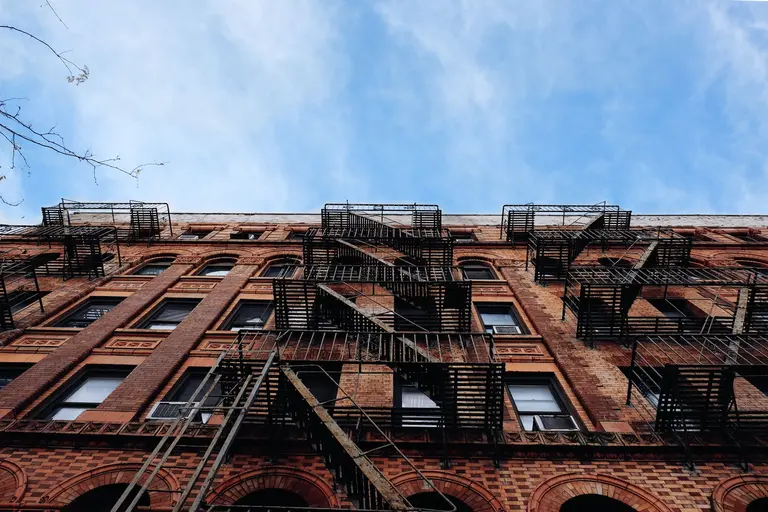
Photo by Daryan Shamkhali on Unsplash
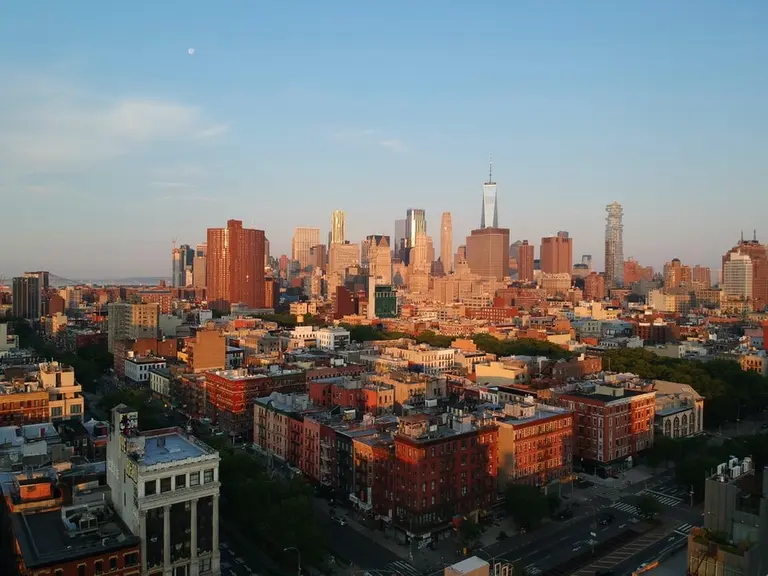
Photo by Jeffrey Blum on Unsplash
Photo by Daniel Lee on Unsplash

Photo by Jonathan Riley on Unsplash
Photo by Nick Normal on Flickr
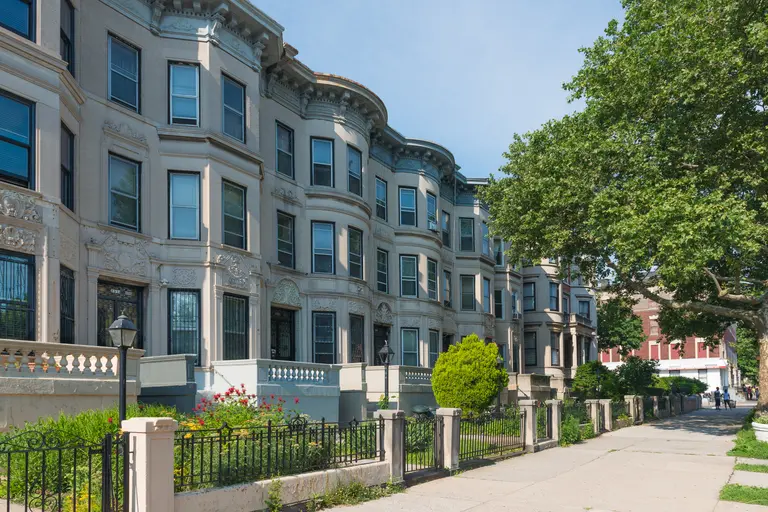
Photo courtesy of CityRealty
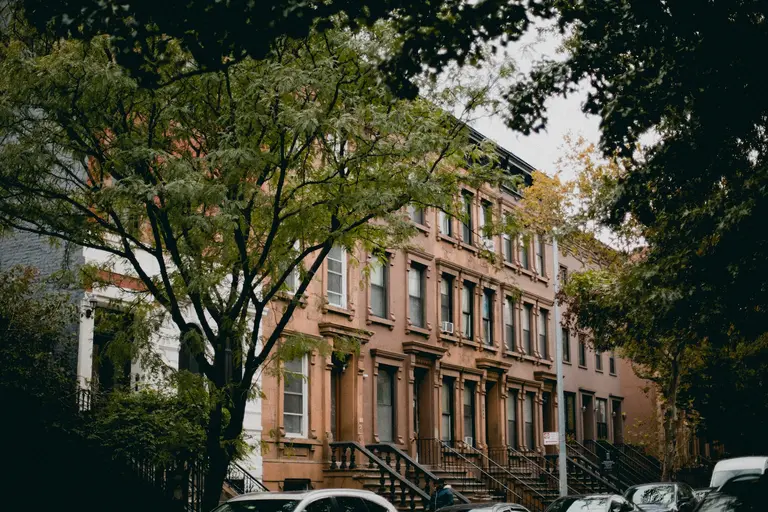
Photo by Rachel Martin on Unsplash

Photo courtesy of CityRealty

Via Creative Commons
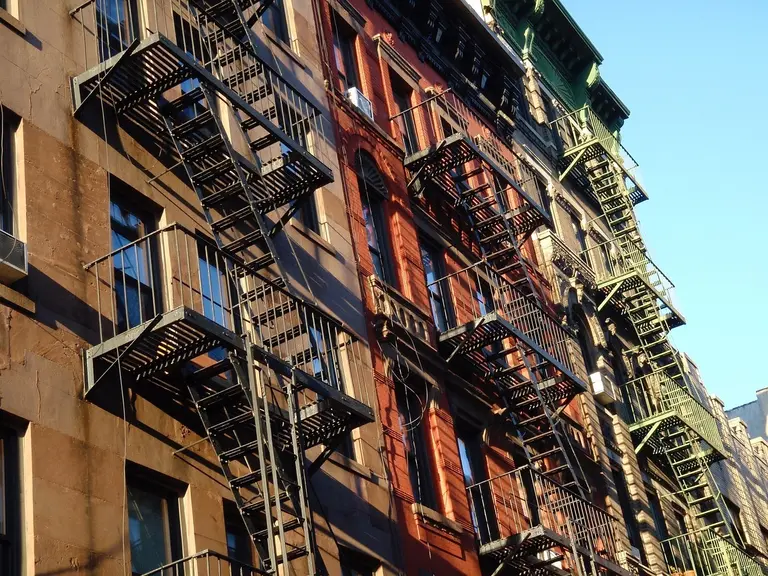
Image via Pixabay.
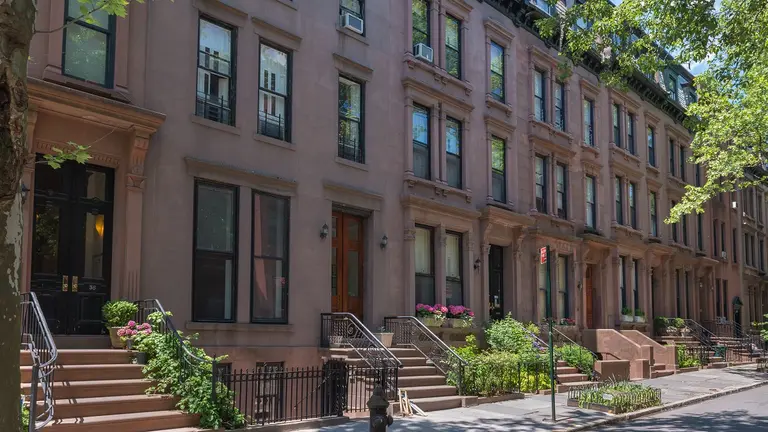
Historic brownstones in Brooklyn Heights via City Realty
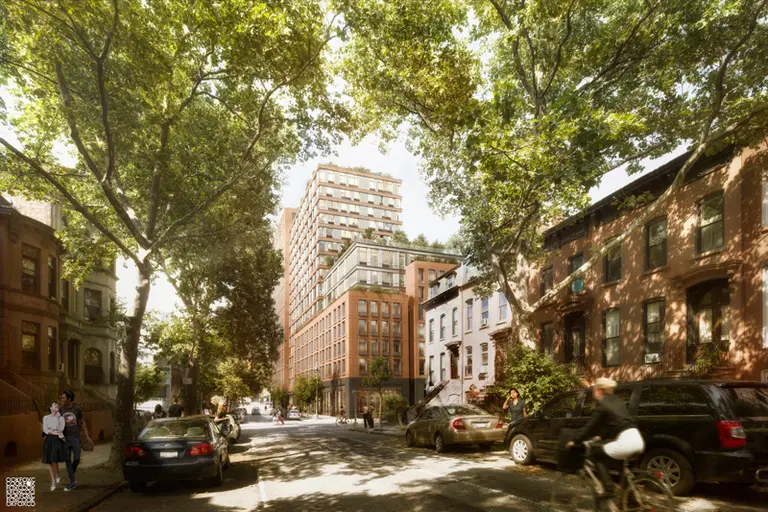
Brooklyn’s Pacific Park development, one of the pipeline projects examined in the report for it’s affordable housing offer. Rendering by COOKFOX